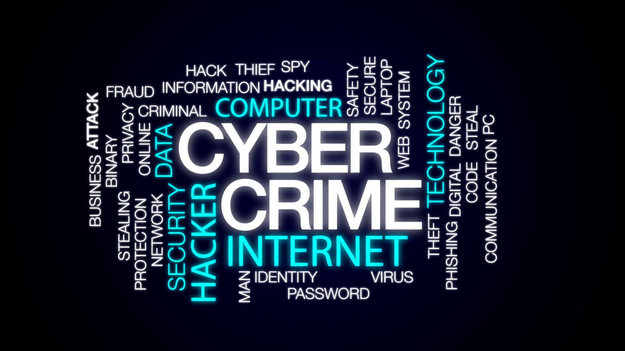Attorney's Protection Against Cybercrime

Attorney's Protection Against Cybercrime
Published on March 20, 2023
A prominent firm of attorneys was recently held responsible by the High Court of South Africa for failing to protect a depositor of funds against cybercrime. The decision highlights the importance to attorneys to adopt and employ suitable measures against cybercrime.
In order to formulate and adopt measures and policies for the protection of data, terms such as “hacking” “phishing”, “spoofing”, etc. are to be understood. Domains such as DKIM and DMARC need to be established, whilst a SPF is also of importance.
In using the decision in the matter of HAWARDEN vs. EDWARD NATHAN SONNENBERG INC. as a guideline, it is suggested that the following should be of assistance.
Hacking is the act of identifying and then exploiting weaknesses in a computer system or network, usually to gain unauthorized access to personal or organizational data. Spam is the sending of irrelevant or unsolicited messages over the internet, typically to a large number of users, for the purpose of advertising, phishing, spreading of malware, etc. Both hacking and spamming poses threats to the protection of information held by attorneys. The protection of information or data held by attorneys' forms part of attorneys' duty of care towards clients and users of its technology.
Hacking presents itself in different forms such as “spoofing”, “phishing” (also referred to as “fishing” or “vishing”) and “smishing”.
Spoofing is a type of e-mail attract that forges the FROM address of an email message. A Spoofed message appears to be from the impersonated organization.
Phishing is the fraudulent practice of sending e-mails or other messages purporting to be from messages purporting to be from reputable companies in order to induce individuals to reveal personal information, such as passwords and credit card numbers. In short is phishing when attackers send malicious emails designed to trick people into falling for a scam.
Smishing is the same as phishing but when cybercriminals “phish” they send fraudulent emails that seek to trick the recipient into on a malicious link. Smishing simply uses text messages (sms) instead of e-mail.
The above practices are collectively referred to as Business Email Compromise (BEC). In order to prevent or minimize BEC, attorneys are required to adopt policies aimed at Data Protection (DPP) and/or Information Security (ISP).
During the process of formulating a Data Protection or Information Security policy the following aspects are to be considered:
DMARC, in conjunction with DKIM and SPF, provides the following benefits:
A part from formulating a Data Protection Policy (DPP) and/or Information Security Policy (ISP), attorneys should install the most recent technology available for data protection and/or information security. Technology which blocks fraudulent messages or sends it to spam is available. This combination of SPF and DMARC is offered by Lexis Nexis in the form of a secure portal with two factor authentication (Lexis Tracker Secure Chat).
In addition to the said technology, business should also use a multi-verification system when making or requesting payments. Either a in-person consultation with the client or a telephonic confirmation with the client to confirm bank details should be required. Written details of the consultation or telephone communication must be recorded.
The purpose of the Data Protection Policy (DPP) or Information Security Policy (ISP) should be to provide rules and guidelines to employees and users for the protection of the attorney and its clients against BEC as a result of cybercrime.

C.M. Weiss
Practicing Consultant
Why you should choose us
At MW Attorneys we believe that quality of services counts and not quantity. We believe in sincere and continuous communication with our clients and we strive to deliver services of the highest quality, as we have been doing since 1997. We regard our clients as our most important asset!
MW Attorneys has a proven track record since:
1900
